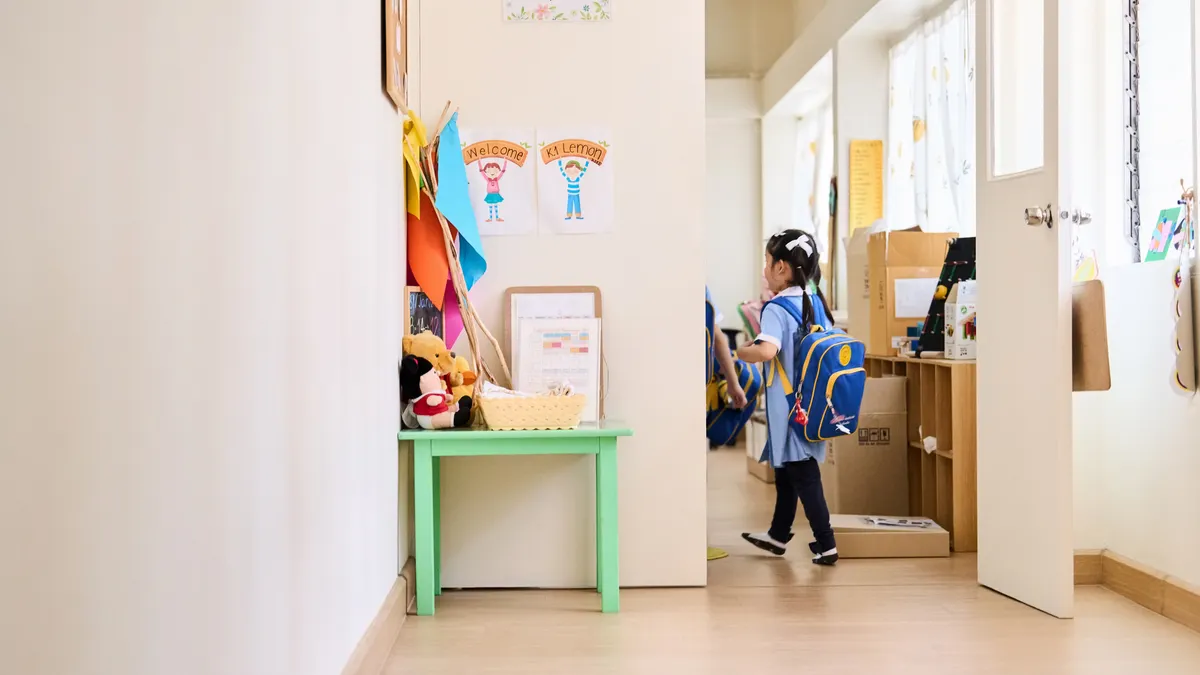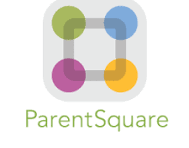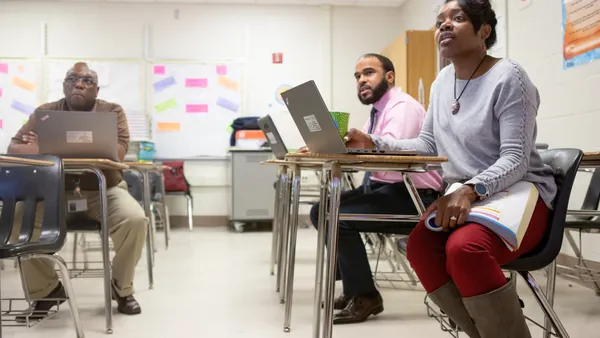Dive Brief:
- Academic research and best practices show that when infused in age-appropriate ways, executive functioning can be taught as early as preschool and kindergarten — and, if they aren’t, students will have to play catch-up.
- In the early grades, creating in-classroom jobs for students is often the key element in this, which can look like passing out papers, carrying the lunch basket, leading the line, sharpening pencils, caring for plants, or delivering items to the school office.
- Rista Plate, senior researcher at the Collaborative for Academic, Social, and Emotional Learning cited literature showing that the development of social-emotional learning skills like organization, planning and self-management that fall under the executive functioning umbrella are associated with higher rates of graduation (by about 23%) and even employment and overall well being later in life.
Dive Insight:
Developing young students' executive functioning skills “cultivates a sense of independence and responsibility, trusting you to leave the classroom, execute a task, and return,” said Plate.
Additionally, research points to "executive-functioning-related skills as being a key mechanism for supporting students’ behavior in the classroom, giving them skills and tools that help them engage in learning,” she said.
“These are skills that need to be practiced,” said Heather Schwartz, practice advisor at CASEL. “They can be learned and strengthened."
Schwartz said classroom jobs give students an opportunity to practice those roles. "It also creates a strong sense of belonging when kids understand that they all have important roles in the classroom," Schwartz said. "The students who are struggling the most with self-management benefit from both having the jobs to practice those skills, but also being seen for their strengths in the classroom.”
In addition to assigning jobs, even playing games like freeze-dance can help students develop executive function, Plate said. “It’s letting your body have a lot of activity, pause it, hold yourself there — that’s important for building skills for calming your body.”
Plate added that having students co-create plans for classroom activities and understand and practice those routines are also pathways to developing executive functioning skills.
Another suggestion Schwartz offers would be asking students to estimate how long different tasks will take, which builds the concept and practice of time management.
The development of executive functioning skills has taken on added importance since the COVID-19 pandemic. A 2023 paper in the Early Childhood Education Journal found that nearly 80% of pre-K and kindergarten teachers said the health crisis had a negative impact on student functioning, Plate noted.
“We’ve been hearing from teachers since the pandemic that there’s a real need to add student skills and competencies related to executive functioning,” she said. “These skills can be improved, but it really requires an intentionality to work toward that, to cultivate these opportunities.
Plate recommends a whole-school approach so the teachers, school leaders and other staff are all working toward supporting and reinforcing this.
It's not always easy to get across, but developing social and emotional skills like executive functioning underpin academic success, Schwartz said.
“They’re so critical for reading and math,” she said. “It’s about having teachers feel the permission, almost, because most teachers understand why these are important to focus on as part of the academic structure of the day.”













